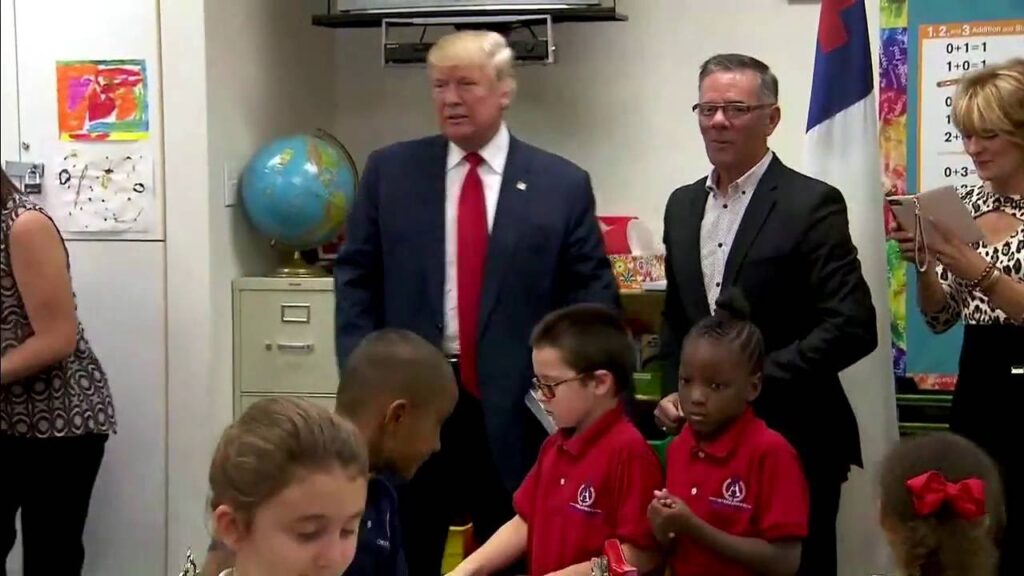In a concerning development for the climate research community, the National Oceanic and Atmospheric Administration's (NOAA) Climate and Global Change Postdoctoral Fellowship Program is currently affected by significant funding delays. As a result, ten scientists in the program were placed on unpaid leave, pending the resolution of financial issues. This predicament follows years of stable funding that has previously supported numerous researchers and contributed to the understanding of climate dynamics.
Established in 1991, the NOAA fellowship program has granted competitive research opportunities to over 230 postdoctoral scientists, fostering innovation and leadership in climate science. Unfortunately, recent funding limitations imposed by the Trump administration have disrupted the program's regular operations. As a noted oceanographer, Lilian Dove expressed concerns over the implications of funding cuts, stating, “It would be a real shame for this program to go. They do a great job of funding basic science that improves our understanding of how the world works.”
This year, although the selection process for new fellows concluded, no funding was allocated to new candidates due to uncertainty surrounding NOAA's budget. The current precariousness has not only placed established fellows on furlough but has also halted ongoing research critical to comprehending climate phenomena such as the Southern Ocean's role in carbon storage and global warming. Many researchers within the program engage in collaborative efforts across various scientific fields; any disruption in their work affects international research partnerships.
The fallout from the funding crisis underscores a troubling trend for climate science funding nationally, as the future of this pivotal fellowship program hangs in the balance, raising further concerns about the sustainability of climate research as a whole.
Established in 1991, the NOAA fellowship program has granted competitive research opportunities to over 230 postdoctoral scientists, fostering innovation and leadership in climate science. Unfortunately, recent funding limitations imposed by the Trump administration have disrupted the program's regular operations. As a noted oceanographer, Lilian Dove expressed concerns over the implications of funding cuts, stating, “It would be a real shame for this program to go. They do a great job of funding basic science that improves our understanding of how the world works.”
This year, although the selection process for new fellows concluded, no funding was allocated to new candidates due to uncertainty surrounding NOAA's budget. The current precariousness has not only placed established fellows on furlough but has also halted ongoing research critical to comprehending climate phenomena such as the Southern Ocean's role in carbon storage and global warming. Many researchers within the program engage in collaborative efforts across various scientific fields; any disruption in their work affects international research partnerships.
The fallout from the funding crisis underscores a troubling trend for climate science funding nationally, as the future of this pivotal fellowship program hangs in the balance, raising further concerns about the sustainability of climate research as a whole.




















